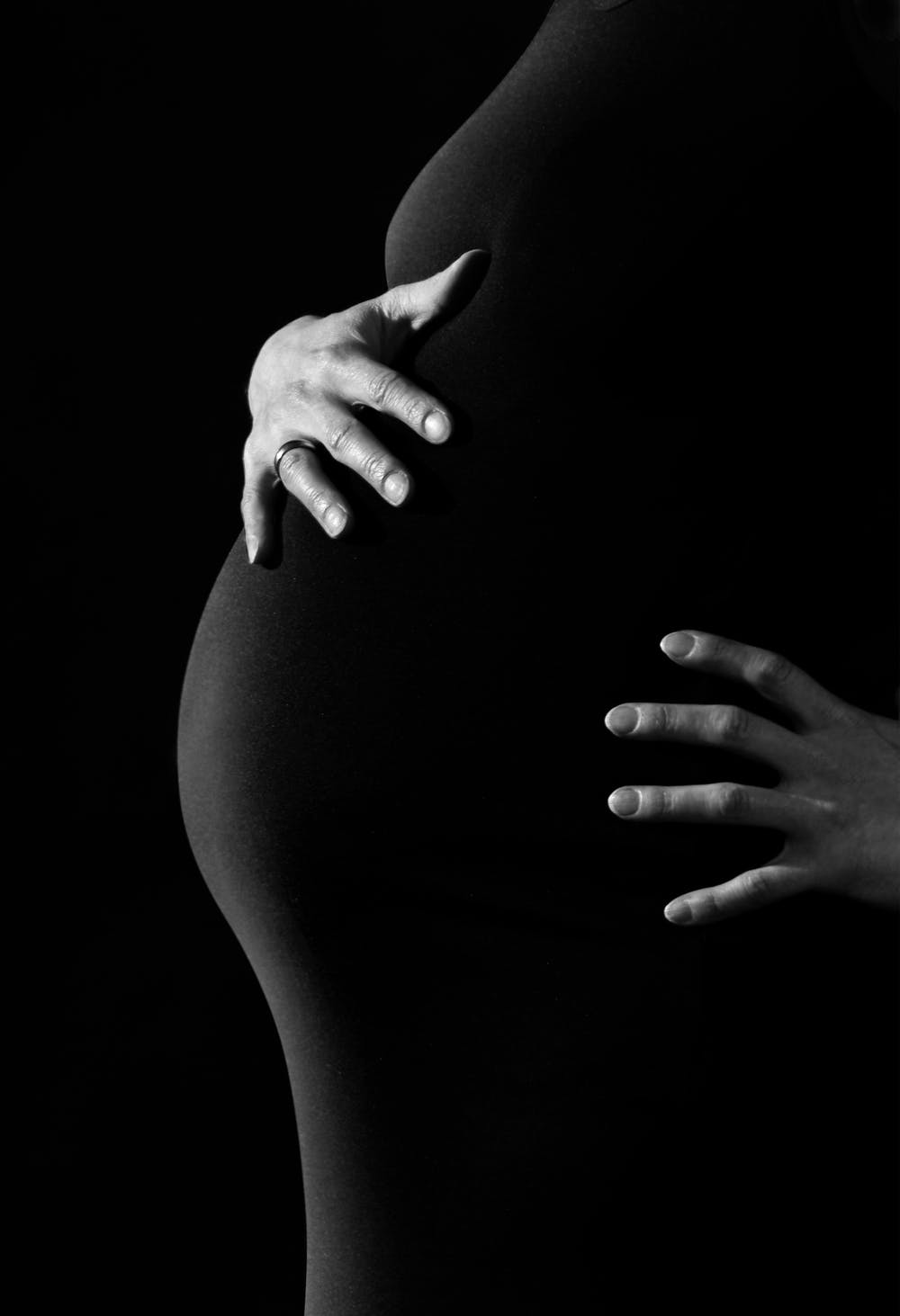Top 10 skincare ingredients to avoid during pregnancy

RETINOIDS such as RETIN-A, RETINOL, and RETINYL PALMITATE – Found in anti-ageing skin-care and can be prescribed by a GP for acne treatment. A derivative from vitamin A. This ingredient may pose an increased risk of birth defects for developing babies.
BENZOYL PEROXIDE – Found in over-the-counter skincare products for acne treatment, this ingredient may be a risk to the foetus.
THIOGLYCOLIC ACID - Used in hair-removal creams and sometimes listed as acetyl mercaptan, mercaptoacetate, mercaptoacetic acid and thiovanic acid on the ingredients list. There’s not enough evidence to say how much of this ingredient is safe in a product but when Europe limits the ingredient to 5% in products but in other countries products can contain up to 15%, it’s clear to say I’d stick it in the ‘avoid’ list.
SALICYLIC ACID – Also known as Beta hydroxyl acid (BHA). It’s usually found in cleansers, exfoliators, and spot treatment products to encourage exfoliation and unblocking of pores. Research has shown that small doses can be safe as long as the product has less than 2%, salicylic acid poses no risk to the foetus but just as a precautionary, it’s advised to avoid the use of the ingredient throughout pregnancy.
HYDROQUNIONE - Found in brightening products to treat hyper pigmentation should be avoided as it’s molecular size and weight can easily penetrate deep into the skin and maybe harmful to the foetus.
PARABENS – Very commonly used to help prolong the shelf-life of products and can be found in so many different types of products from foundation to styling gels. Studies have shown that there’s been cases where this ingredient has been linked to breast cancer as well as affect the reproductive system.
PHTHALATES – Used to help stabilise the formula in beauty products. This ingredient has been linked to liver, kidney, lung and reproductive issues.
FORMALDEHYDE – Found in some nail polishes. This ingredient has been linked to cancer as well as some nervous system troubles such as chest pains, breathing difficulties, coughing and respiratory issues.
DIAZOLIDINYL UREA – You’ll find this ingredient in mascaras. Interesting find is that it’s been found to release formaldehyde.
SODIUM LAURYL SULFATE (SLS) – A foaming agent found in soaps, cleanses and washes. Pro-longed exposure to this chemical can cause side-effects to the liver, kidney and nervous system as our body is unable to breakdown this ingredient. I’d try an avoid products with high concentrations this ingredient even when I’m not pregnant.
BOTULINIM TOXIN AKA BOTOX – Since this ingredient works by being injected into the skin to paralyse muscle contraction around wrinkles, I definitely wouldn’t be taking my chances continuing these treatments until after pregnancy.
If you’re planning to get pregnant, please avoid using any products that contain these or cease using product once you find out that you’re expecting.
What to Avoid When Pregnant in the O Cosmedics Range
As a precaution, O Cosmedics recommends avoiding any products containing Salicylic Acid and Retinol during pregnancy and breast feeding. That includes:
-
• Corrective Cleanser & Peel
-
• Pure C + BHA
-
• Potent Clearing Serum
-
• Potent Retinol Serum
-
• Retinol Concentrate
-
• Retinoic Oil
-
• EFA's Max Complex
ESSENTIAL OILS & PREGNANCY
The use of essential oils can be perfectly enjoyed throughout pregnancy when used in vapourisers but it’s when it gets topically applied to the skin that it can be harmful. Essential oils are plant extracts that are extremely potent and highly concentrated. The reason why it’s recommended to dilute the oil before applying onto your skin.
Some essential oils when used during pregnancy can help with nausea, aches, pains and swollen ankles as well as making you feel calm, relaxed and balanced. I want to list some essential oils that can be used during pregnancy and one’s best to avoid.
ESSENTIAL OILS SAFE TO USE DURING PREGNANCY
Lavender: Safe for after 12-weeks, lavender is a great oil to feel relaxed and balanced. It also eases pregnancy aches and pains and reduces fluid retention.
Ylang ylang: Reduces your blood pressure and is said to ease the feeling of tension or stress as well as being an aphrodisiac.
Neroli: Helps with anxiety or pregnancy nerves, neroli is said to help you feel relaxed and tranquil. Also boosts skin cell regeneration so you look and feel great too.
Eucalyptus: Aids in congestion and acts as an anti-inflammatory, antiseptic and antiviral to ease symptoms of respiratory congestion.
Tea tree oil: Can be used during pregnancy but not during labour, tea tree oil is an antifungal and antiviral oil that helps ease the symptoms of thrush during pregnancy.
Cypress: Safe for use after five months of pregnancy and helps to relieve varicose veins, soothe swollen ankles and ease hemorrhoids.
Sandalwood: Aids in sleeping and relaxation. Sandalwood is a natural sedative and anti-depressant and can also help ease cystitis during pregnancy.
Patchouli: Said to alleviate apathy, indecision and confusion. Great oil to keep in your cupboard for those ‘baby brain’ days.
Geranium: Great for boosting energy and promoting circulation. It also relieves aching legs and helps you to feel refreshed. Safe to use after the first three months of pregnancy.
ESSENTIAL OILS TO AVOID DURING PREGNANCY
- Almond – bitter
- Basil
- Black pepper
- Cedarwood
- Chamomile
- Cinnamon
- Clove
- Fennel
- Horseradish
- Jasmine
- Lemon
- Lemongrass
- Mustard
- Myrrh
- Nutmeg
- Oregano
- Peppermint
- Pine
- Rose
- Rosemary
- Sage
- Stinging nettle
- Thyme



